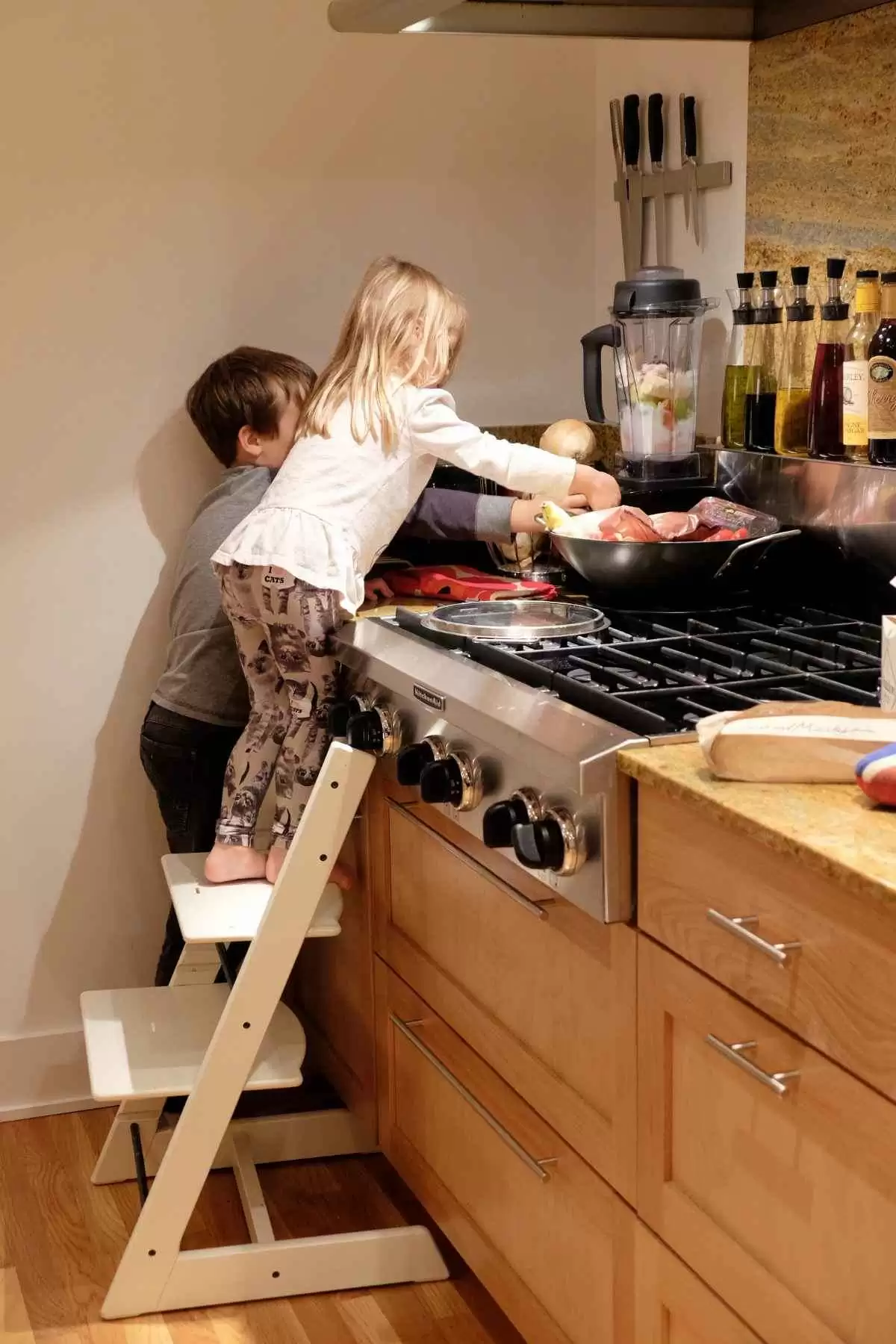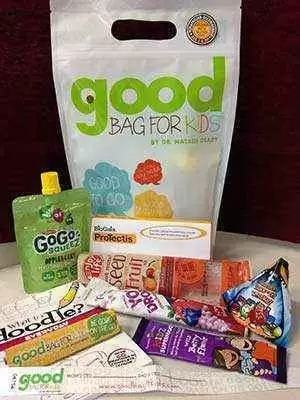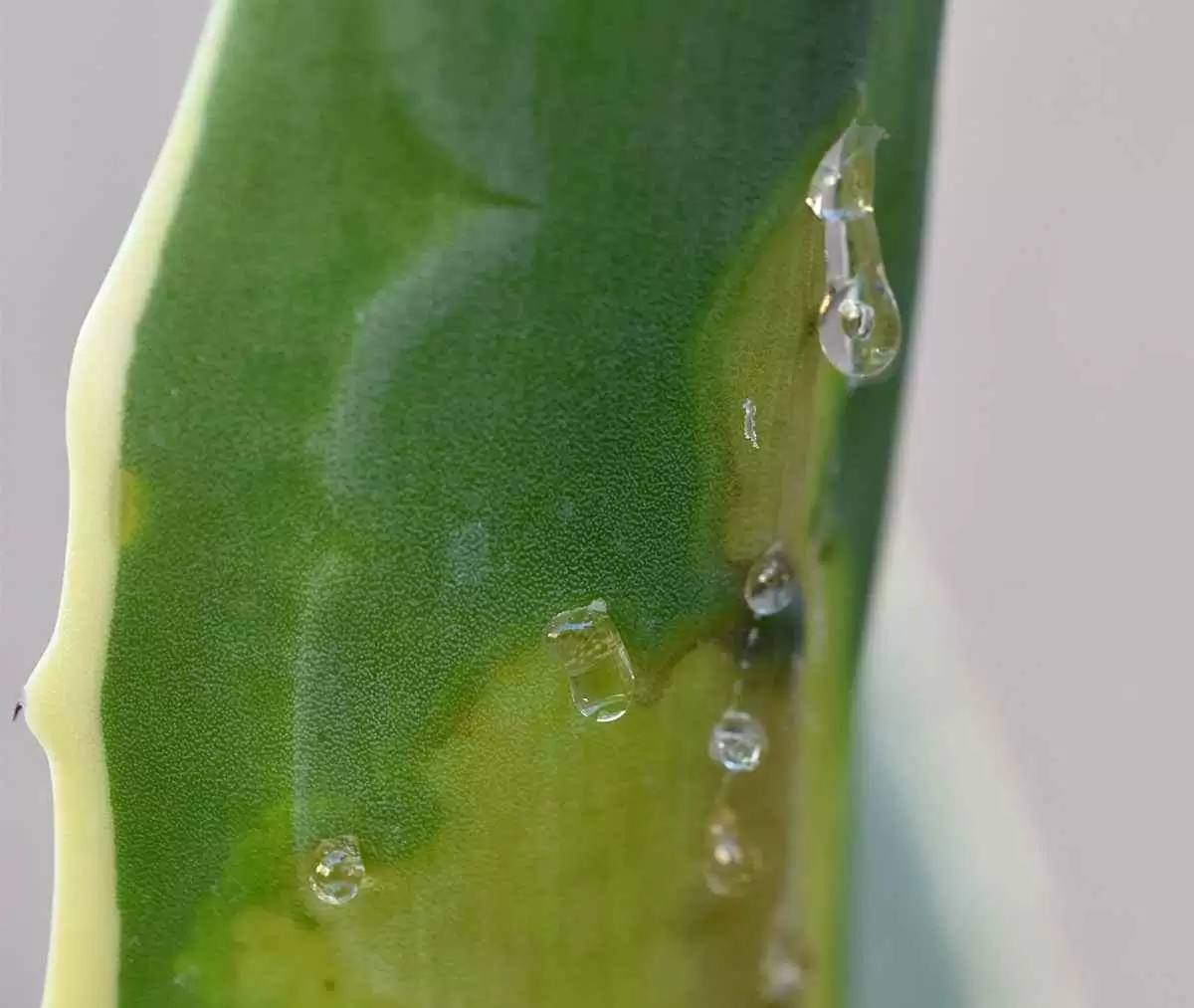
Celiac.com 12/31/2021 - Having your children help out in the kitchen has many benefits. They will learn far more about cooking through hands-on experience than by watching Mommy or Daddy prepare everything. It will nurture their learning about the gluten-free diet and they will take a more active roll in watching what ingredients are used. It provides excellent bonding time and, as they get older, it will free the parent(s) from some of the kitchen duties. While parents concentrate on when and where to eat, kids usually decide how much and whether to eat! One of the best perks of having your kids help in the kitchen is that they are more likely to eat the things that they prepare for themselves!
Since each child is different, it is important for parents to consider the developmental level and abilities of each child when assigning kitchen duties. Generally, children under 10 years old do not fully understand what ‘danger’ means, so they should not use the stove, electrical appliances, or sharp utensils, nor handle hot dishes. Never leave a child alone in the kitchen. Impress on them that they must never leave anything cooking on the stove unattended; that is the number one cause of house fires.
Celiac.com Sponsor (A12):
By the time a child is 3 years old, they love to play cook and get ‘messy’ with kitchen foods. Direct that interest by letting them help with the preparation of breakfast, lunch, or dinner. It can be simple tasks at first, like laying cheese slices on a piece of GF bread for a toasted cheese sandwich, or sprinkling some grated cheese over salads. While you are preparing the bulk of dinner, fill up the sink with water and let them play with plastic measuring cups, filling the cups up to see what sinks and what floats.
Between 4 and 5 years old, your child can wash fruits and vegetables, snap green beans, set foods on a relish platter, spoon drop cookies onto a cookie sheet, mix foods with their hands (meatloaf, tossed salads), stir ingredients together in a bowl, and sprinkle colored sugars on cookies. They can shape yeast dough and wrap potatoes in foil for baking. Give them raisins or sliced grapes to make ‘faces’ on their bowl of cottage cheese. With mini chocolate chips, let them create smiley faces on cookies. They love to peel hard-boiled eggs and oranges, and mash bananas. Wash their rounded childproof scissors with soap and water and let them cut breads into fun shapes for their sandwiches or cut green onions and parsley for a salad. They are able to handle a butter knife for spreading peanut butter and jelly or cheese spreads. It is also at this young age that it is important to introduce a large variety of foods into your child’s diet. Ask your child what he or she would like for dinner, suggesting two or three vegetables to pick from for a side dish. Remember—when a child helps in the preparation of a new food they will be more likely to taste it.
Between 5 and 10 years old is the perfect time to let them help plan the meals and tell you what ingredients need to be added to the shopping list. This is the prime time when they will start to take an active role in their gluten-free diet. You can teach them the importance of reading labels and how to plan a well-balanced meal. Get them a gluten-free kids cookbook so they can begin to select the foods that they can prepare for themselves. Show them the importance of washing their hands before cooking and after handling meat or fish. They love to use cookie cutters to cut shapes out of dough and then decorate the cookies. Let them measure and sprinkle the spices for marinades, salads, and cookie mixes. Squeezing lemons and oranges is always fun, as is breaking eggs into a bowl. They can even pound down on a self-contained chopper to chop vegetables or nuts.
By the time kids are 10 years old, they can use simple appliances like a blender, microwave and even a toaster oven. It is at this point that you need to impress upon them the correct usage of each appliance along with the potential dangers. They can shred cheese with a hand grater. Let them read their own recipes and follow the instructions and measure the ingredients without your help. They can take a more active part in the shopping experience and read labels themselves (although you should still double check to make sure the product is gluten-free). While at the store, ask your child to choose a new vegetable or fruit, from two to three choices, for a weekly “try-a-new-food” night. If you bribe your child to eat his spinach so that he can have a yummy dessert, you inadvertently reinforce the idea that sweets are better than nutritious food. Instead of rewarding your children with food, reward them with attention (hugs, kisses, and smiles) and playful activities.
From age 12 and up, they can use a paring knife, electric can opener and stovetop burners. Let them flip pancakes, place a tray of cookies in the oven, and cut the vegetables for a salad. Show them how to use caution when draining spaghetti into a colander. They are old enough now to plan a meal on their own, including listing the ingredients needed. Think about having one night a week where they plan the meal, shop for the ingredients, and prepare the meal on their own—and oh yes, clean up the kitchen afterwards.
Do you remember licking the bowl after your mom made chocolate frosting when you were a kid? Kids still like to do that. The kitchen can be the focal point of learning and bonding if you nurture that. Your children will learn far more about their special diet by helping out in the kitchen and going grocery shopping with you than they ever will through lectures. No matter the age of your child, there is something they can do to feel that they have contributed to the meal. Make helping in the kitchen a fun activity, not a chore that must be done.
Gluten-Free Cherry Whip
A kid-friendly recipe from the ‘Wheat-free Gluten-free Cookbook for Kids and Busy Adults.
Ingredients:
- 1 can (10 oz.) crushed pineapple (undrained)
- 1 can (21 oz.) gluten-free cherry pie filling
- 3⁄4 tsp. almond extract
- 3⁄4 cup chopped walnuts
- 1 can (14 oz.) sweetened condensed milk
- 1 container (8 oz.) gluten-free nondairy
- whipped topping, thawed
Directions:
In a large bowl, stir together the pineapple with its juice, pie filling, almond extract, walnuts and condensed milk with a rubber spatula. Fold in the whipped topping until completely blended. Cover and chill for 3 hours. Makes 8 (3⁄4 cup) servings.
Note: In place of the cherry pie filling and nuts, you can substitute peach pie filling and coconut.
Calories: 250; Total fat: 8.6g; Saturated fat: 5g; Cholesterol: 8mg; Sodium: 58mg; Carbohydrates: 37g; Fiber: 1g; Sugar: 34.9g; Protein: 3.2g











Recommended Comments
There are no comments to display.
Create an account or sign in to comment
You need to be a member in order to leave a comment
Create an account
Sign up for a new account in our community. It's easy!
Register a new accountSign in
Already have an account? Sign in here.
Sign In Now